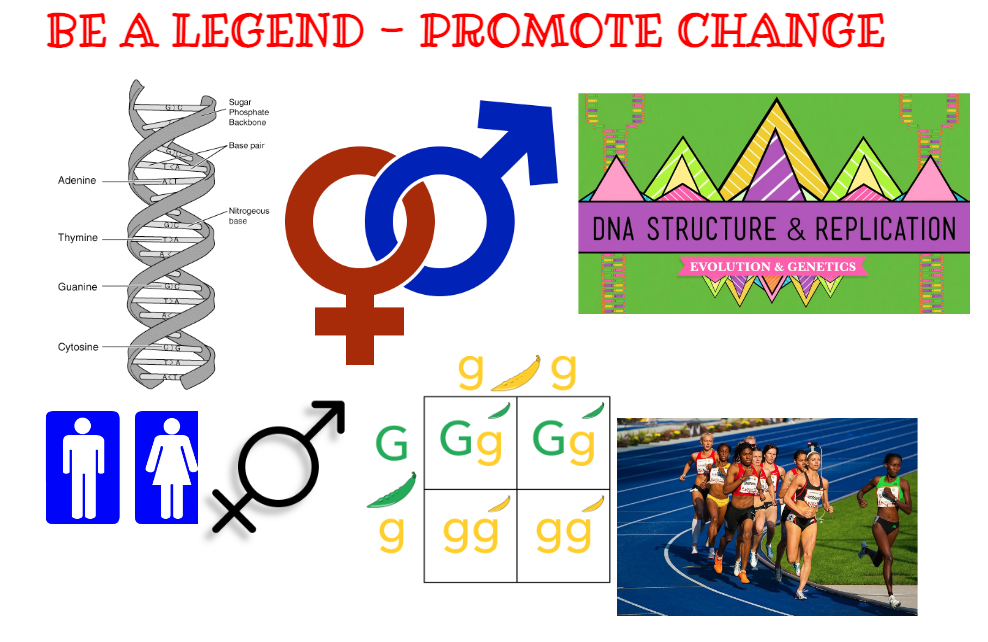24 July - 30 July
Section outline
-
EXPLORE / TŪHURA learning intentions:
- We are EXPLORING the physical world focussing on forces and how these forces affect movement of an athlete
- We are EXPLORING our ability to work independently in a lab setting to perform a variety of practical force related experiments which will lead up to our NCEA investigation
- We are EXPLORING the living world focussing on genetics and how variation and genetics play a role in sports.
- We are EXPLORING the Nature of Science by participating and contributing to understanding how DNA and various characteristics both favourable and unfavourable are inherited.
I am a learner with innovation skills that will enable me to navigate the 21st century:
- Emerging:
- I think creativity to solve challenges
- I demonstrate the skills to work collaboratively with others
- I have oral, written and non-verbal communication skills
- Growing:
- I work creativity with others to solve challenges
- When working collaboratively, I exercise flexibility and willingness to compromise to achieve a common goal
- I am a clear communicator; oral, written and nonverbal

Learning Intentions : We are learning to (WALT)...
- Understand key differences between asexual and sexual reproduction
- Describe variation and discuss its importance
- Measure features that show variation
- Describe the basic process by which genetic information is passed from one generation to the next
- Describe the role and importance of DNA
- Complete Punnett squares in order to predict patterns of inheritance
- Discuss the process and ethics of cloning
- Demonstrate a basic understanding of the evolutionary process
- Describe how living things in NZ are unique to us
- Describe how living things have changed over time
- Success Criteria: I can/have...
- Explain the key differences between sexual and asexual reproduction
- Discuss and explain why variation is necessary and thus important
- Investigate a few features of variation within the Whanau
- Describe how genetic information is passed from generation to generation
- Practically investigate DNA and explain its structure by making a model
- Successfully predict patterns of inheritance by performing Punnett square crosses
- Fully discuss the ethics of cloning
- Explain the evolutionary process by using NZ animals as a reference
- Activities:
1. Google classroom activities
2. Education Perfect tasks
3. Brain pop
4. Various Videos on these topics
Homework:
Work not completed in class will be for HOMEWORK. Please complete all your work in the google classroom doc - do NOT make a copy and store it else where !! Please also check your e-mails and google classroom for feedback on your work.
